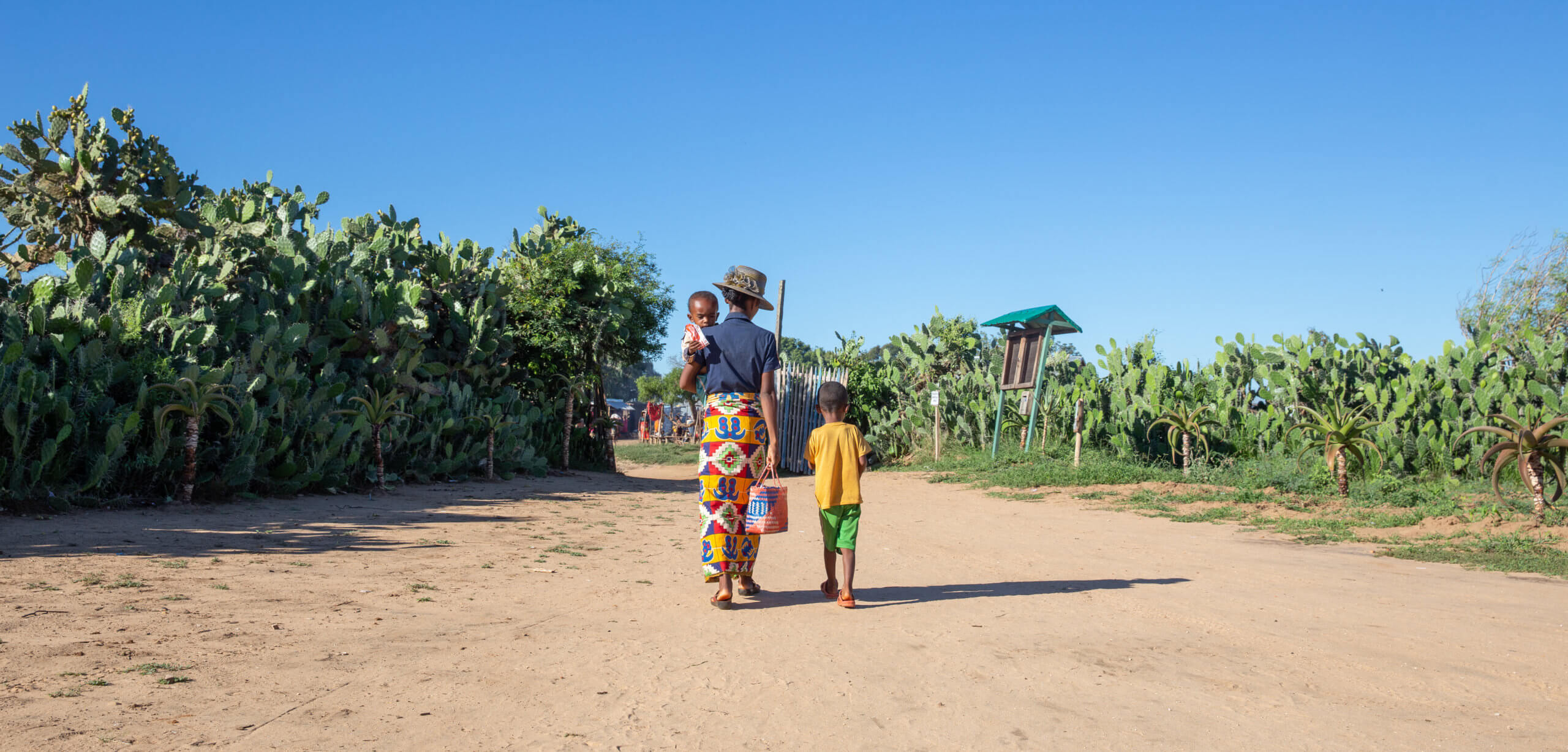Valala Farms
Valala Farms feeds Madagascar’s hungry children while sustaining wildlife.
Valala Farms is a Madagascar-based project of the California Academy of Sciences. It practices and promotes the farming of edible crickets as a means to sustainably fight hunger while protecting and repairing Madagascar’s biodiversity and wildlife.
Madagascar is considered the first country in modern times to suffer a famine caused by climate change. When climate changed-induced droughts strike the country, its rice, maize, and cassava harvests decrease, while food prices and insecurity increase. More than 90 percent of Madagascar’s population lives below the international poverty line and nearly half of Malagasy children under five are malnourished. Some families who have no other source of food resort to hunting endangered and threatened species of lemurs; the lemur population is further harmed by the destruction of forests for land on which to raise livestock.
Valala Farms hopes to help address this complex problem by farming crickets and turning them into a powder. This powder is then distributed to country-wide famine relief projects, school lunch programs, and tuberculosis treatment centers and added to commonly consumed meals like rice with meat and beans. Crickets are highly nutritious, rich in protein, iron, and vitamins; seasonal consumption of insects has a long tradition in Madagascar. It takes significantly less land, water, and feed to produce the same amount of protein from crickets as from livestock, but crickets emit much less carbon dioxide and methane. Their manure, known as frass, provides high quality fertilizer that can improve current farming yields and help reduce the need for more forest clearing.
Valala Farms sees cricket farming and consumption as a sustainable way to provide nutritious food to more people while protecting wildlife and reducing pressure on the country’s forests. King Philanthropies’ support helps Valala Farms to develop and test food products fortified with crickets in order to address malnutrition and famine in Madagascar while preserving its biodiversity.

